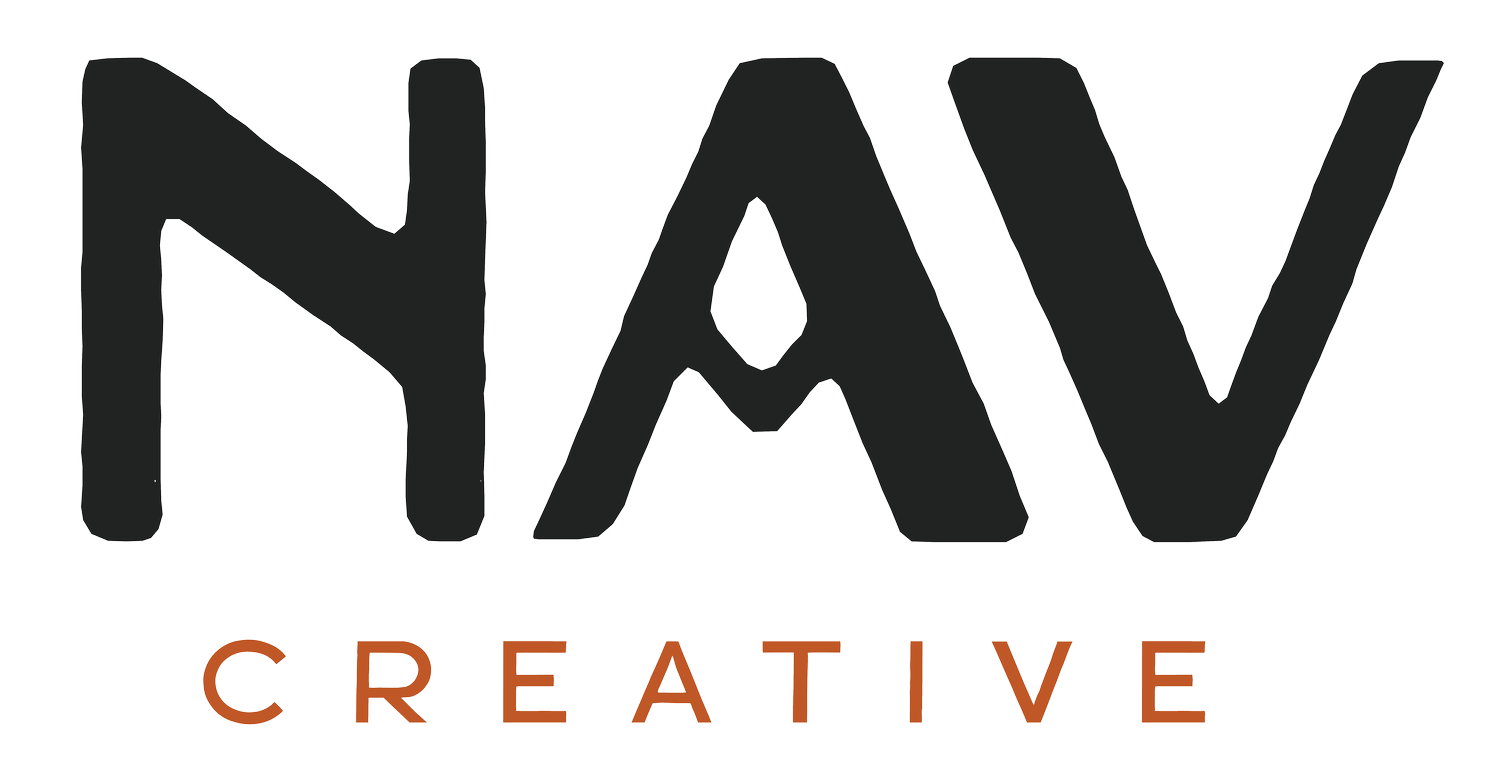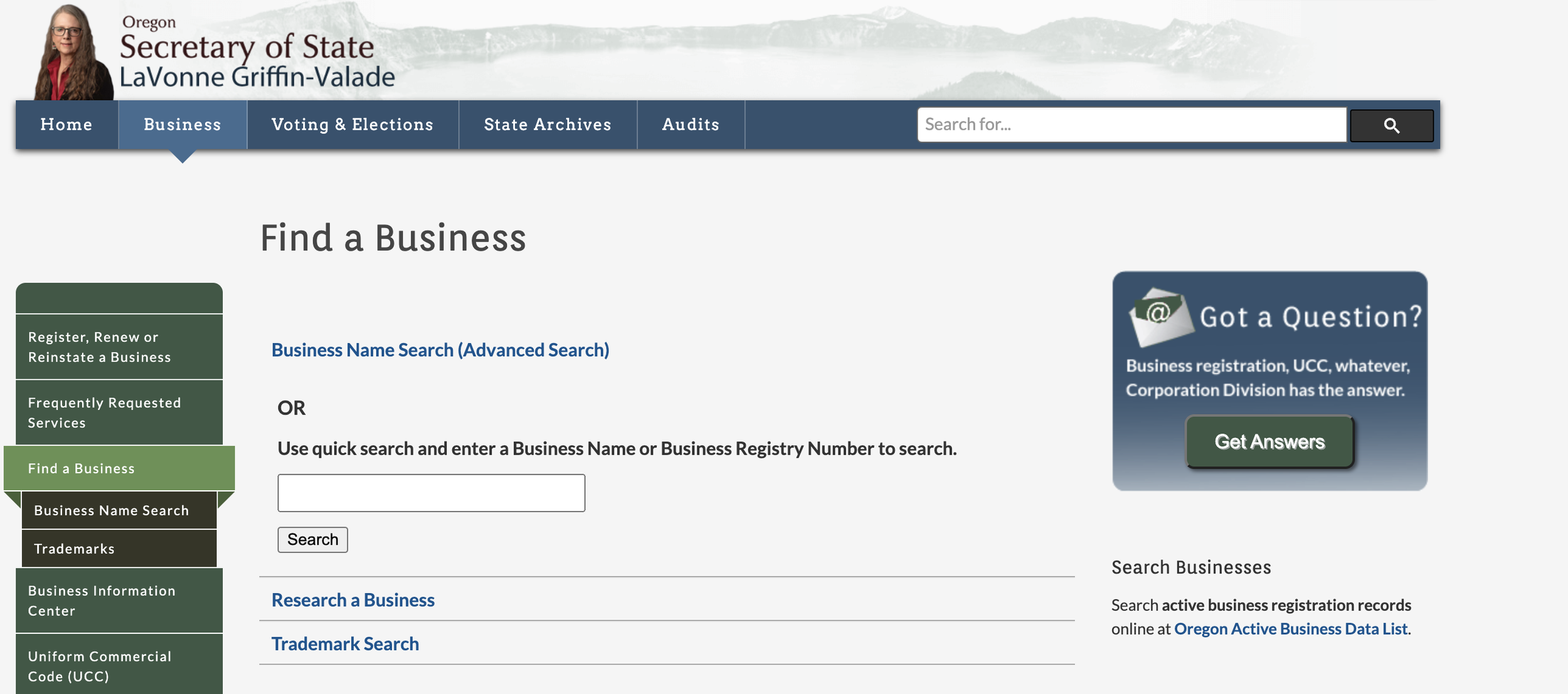6 Tips For How To Name Your New Business
So you’ve decided to start a business and have everything you could possibly need to make your mark on the industry… aside from the name. And if you’ve spent any time trying to think up a good name, then you probably know that it’s trickier than it sounds.
We won’t tell you that naming a business is easy. However, we’ve found that there are tips and tricks to keep in mind that can make the process more manageable. So let's look at a few of them and help you give your business a name to remember.
1. Keep Things Quick and Easy
The home page for GoDaddy.com, the internet’s biggest domain registry
The best business names are short, easy to spell and remember. Length and memorability are particularly important here. You want a name that will stick with your audience and be fresh in their mind when they need your products or services, rather than something super long that they won’t remember.
Your name could be a descriptor of your services, but if you go this route, aim for a snappy, short-hand name rather than a dry, overlong title. You want something that alludes to your work in a few words rather than a drawn-out explanation. For example, a name like ‘Simon’s Tech Repair’ works better than something like ‘Simon’s TV, Laptop, VCR, Gaming Console, and Appliance Repair and Refurbishing Shop.’
Though the specificity sounds nice on paper, names like that are such a mouthful that they’re impossible to remember and are inconvenient to type out. We always recommend keeping things more general if it means opting for a short name that will stick in people’s minds.
Keep in mind that your business name doesn’t have to be specific at all. Some of the world’s biggest companies (Apple, Amazon, etc.) don’t have descriptive business names but kept things short and distinct, and have benefitted because of it.
2. Be Distinct and Individual
Most business owners have inspirations or large-market analogs they want to base their own business on. While outside influence is great, it's important to remember that you want to establish your own identity and not just copy someone else, particularly with your name. Make sure you’re not naming yourself anything too similar to your competitors, especially those based around the same area as you.
In fact, you want to make sure your name has minimal overlap with big companies, even if they’re not in your industry. There’s value in developing your own name, and you’ll never get there if you’re living in the shadow of a similarly named business.
3. Don’t Overthink Your Domain
.com is the gold standard for business domains, while .org is typical for non-profit organizations. And though several variants like .co, .biz, .shop, and similar options are gaining popularity, we recommend sticking with the standard domain options rather than trying something trendy.
The biggest reason for this is that, beyond being one of the oldest domains, .com has a reputation for being secure and attached to legitimate businesses in a way other domains don’t have. And if your audience sees you have an untrustworthy domain, they’ll be less likely to visit your website than they would be if it had a .com handle.
There’s a greater chance that your desired name will be taken on a .com domain than there is for other domains, but there are workarounds if that’s the case. For example, you might be able to purchase a domain name from the current owner or personalize the domain so that it is similar but slightly different than what you want. Try adding your city or state to the end of your domain name if you can’t register your business name as a .com domain.
4. Use The Tools At Your Disposal
You’re not the first person needing help naming your business, and you won’t be the last. It’s trickier to find a title you can comfortably live with than you might think. However, because naming a business is such a universal struggle, there are plenty of online tools designed to help up-and-comers overcome this hurdle.
Specifically, you’ll find several name-generator tools online that let you input basic details about your business to generate some name suggestions. ChatGPT also works similarly.
While we don’t recommend taking the recommendations of these tools as gospel, the resources are valuable for getting the ball rolling. Sometimes, they’ll give you an idea that’s close to what you want or has a theme you like and want to workshop. You can use these suggestions as inspiration to find your name.
5. Think About Your Future
You likely have big dreams for what you want your business to become that you can’t reach until you have more experience and a bigger brand, and you don’t want a name with a niche focus emphasizing your current status limiting your expansion opportunities. Even if you don’t have any immediate plans to expand or shake things up, you never know what can happen, so it's better to be safe than sorry.
For example, if you’re opening a donut shop but eventually want to expand to a cafe serving all types of coffee and pastries, you shouldn’t put “donut shop” in your name. It advertises you as one specific type of business rather than the all-encompassing enterprise you are, which means you’ll only attract a section of your target market rather than the whole thing.
6. Say It Out Loud
With any luck, your business will start generating word of mouth once it's off the ground. With that in mind, you want your name to sound as catchy when you say it out loud as when you say it in your head.
Trust us, even if your name looks good on paper and sounds good in your head, it doesn’t mean it will roll off the tongue the way you want it to. So before you commit to anything, make sure it looks good written out AND sounds good spoken aloud.
Places To Check For Name Availability
Now that you know how to name your business, you need to know whether your ideas are already taken. Not everyone has the ambition and talent to launch their own business, but that doesn’t mean you won’t face stiff competition for naming rights. Luckily, there are plenty of ways to check if someone already has your prospective name.
Domain Search Sites
GoDaddy and Squarespace Domains (formerly Google Domains) are two of the biggest domain registry sites on the internet. Here, not only can you check the availability of your desired domain, but you can also purchase any available options to secure your name.
USPTO TESS
The United States Patent and Trademark Office’s Trademark Electronic Search System (USPTO TESS) lets aspiring business owners search the status of active and pending trademark registrations and register their own if available.
Secretary of State Business Search
The official Secretary of State website for your state of residence will have a tool that lets you enter the name of a business and see everyone under that name within state borders. If you have a name in mind, enter it in the Secretary of State Business Search, and if you don’t see any results, it likely means there are no active businesses under that name in your vicinity.
Social Media
When you’re naming a business, you don’t just want to register a domain; you also want to sign up for social media accounts under the same name. Social media sites like Facebook, X, Instagram, and so on are great ways to connect with your audience, and you want to have a handle under your business name so people know your accounts belong to you.
Plus, if someone has registered a social media account under your desired business name, it’s a good sign someone has already launched a business with that name.
Google Search
Even if your business name passes all the more thorough checks above, we still recommend doing a quick Google search of your desired name just to make sure you’re in the clear. You might find some smaller, developing businesses that haven’t yet gone through the proper channels to establish their name.




